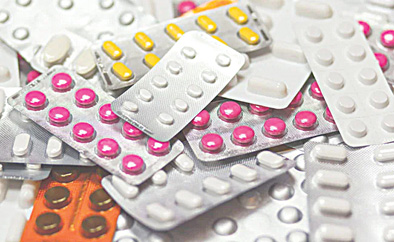Washington, Mar 15 (FN Bureau) The US Food and Drug Administration (FDA) on Thursday approved the first medication for people with a severe type of non-alcoholic fatty liver disease. Madrigal Pharmaceuticals’ Rezdiffra was shown to improve liver scarring in a clinical trial involving hundreds of people with non-alcoholic steatohepatitis (NASH), the worst form of the condition caused by a buildup of fat in the liver. “Previously, patients with NASH who also have notable liver scarring did not have a medication that could directly address their liver damage,” said the FDA’s Nikolay Nikolov. “Today’s approval of Rezdiffra will, for the first time, provide a treatment option for these patients, in addition to diet and exercise.” NASH affects approximately 6-8 million people in the United States and is often associated with other health problems such as high blood pressure, type 2 diabetes, obesity, and high blood fat levels.Its symptoms include weakness, severe tiredness, yellowing of the skin or eyes, spider-like blood vessels and more.
NASH that progresses to cirrhosis — the latest form of scarring — will lead to liver failure over time, necessitating a transplant.Rezdiffra, also known by its molecule name resmetirom, is an oral drug that targets the underlying causes of NASH. In a trial of 966 people, liver biopsies taken at 12 months showed that a greater proportion of subjects treated with Rezdiffra achieved resolution of their condition or an improvement in liver scarring as compared with those who received the placebo. The results were published in February in the New England Journal of Medicine. Side effects included diarrhea and nausea. “The accelerated approval of Rezdiffra is a culmination of more than 15 years of research from our founder Dr. Becky Taub and a small R&D team that took on one of the biggest challenges in drug development,” said Bill Sibold, Madrigal CEO. The American Liver Foundation’s Lorraine Stiehl also hailed the “groundbreaking” treatment. Madrigal said the drug is set to be available to US patients in April.

